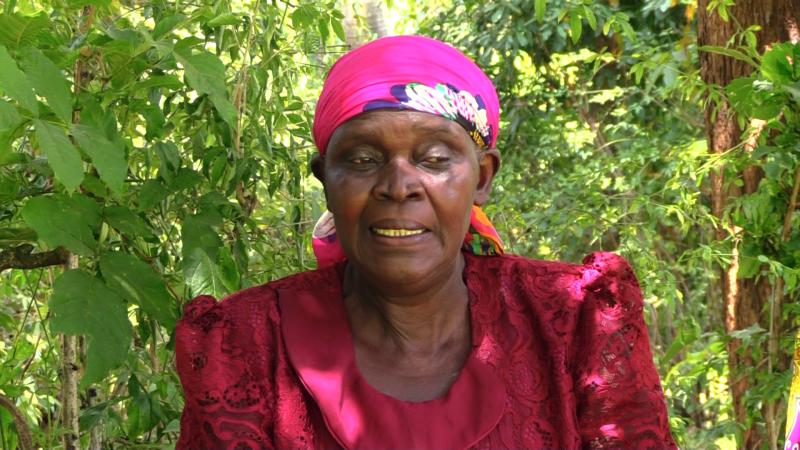×
The Standard e-Paper
Join Thousands Daily

Susy Musimbi, a 65-year old grandmother from Mbale, Vihiga narrates why naming was so critical to the new born in Maragoli. [Courtesy]
Just like all other Kenyan communities, Maragoli, one of the 18 sub-tribes of the western Kenya-based Luhya ethnic group, has an intricate method of naming children.